HST 122 -- Enlightenment Thinkers
I. Francois-Marie de Voltaire (1694-1778)
A. changed his name from François-Marie Arouet
B. educated by Jesuits
C. became a poet and playwright
D. trouble with the law
E. went to England; learned English; studied the differences
between France and England
F. returned to France in 1728
G. the Marquise du Châtelet became his patron
H. he wrote Philosophical Letters Concerning the English Nation (1734)
in which he demonstrated the superiority of the English
1. religious toleration
2. middle class can gain powerful positions
3. not dominated by greedy church
4. make their poets and scientists national heroes
II. Denis Diderot (1713-84)
A. son of a poor craftsman; educated by Jesuits
B. working on his own philosophy; wrote erotic novels
to pay the bills; landed him in jail
C. got out of jail; began work on the Encyclopedia
D. over 200 intellectuals contributed over 60,000 articles
- e.g., button making, fishnet making, glass making
E. elaborate set of footnotes and references to confuse the censors
F. eventually the monarchy shut down publication
G. Diderot found a new publisher in the Netherlands
III. Adam Smith (1723-90)
A. Scottish economist
B. wanted to discover natural laws about how the economy works
C. wrote Inquiry into the Nature and Causes of the Wealth of Nations (1776)
D. attacked the ideas of mercantilism
E. came up with the idea of the "invisible hand"
1. people invest in industry because they want to acquire wealth
2. because a country's revenue is equal to the sum of the revenues
of its industries, people are promoting the financial
interests of the country
3. thus, no need for rulers to subscribe to mercantilism and
impose trade restrictions
4. the government should stay out of the economy
- laissez-faire: let it be; hands off
F. warned against the rich getting richer
IV. Lady Mary Wortley Montagu (1689-1762)
A. women becoming more involved in public life
1. organizers of salons -- DOC 15
2. writers
B. Lady Montagu read widely and traveled across Europe to Turkey
C. desire for women to have access to education and public debate
D. The Nonsense of Common Sense (1738)
excerpt: "Among the most universal errors, I reckon that of
treating the weaker sex with a contempt which has a very
bad influence on their conduct. How many of them think
it excuse enough to say they are women, to indulge any
folly that comes into their heads! This renders them useless
members of the commonwealth, and only burdensome to
their own families, where the wise husband thinks he lessens
the opinion of his own understanding, if he at any time
condescends to consult his wife's. Thus, what reason nature
has given them is thrown away, and a blind obedience expected
from them by all their ill-natured masters…”
V. Jean-Jacques Rousseau (1712-78)
A. came to Paris from Geneva in the 1750s
B. critical of the philosophes; books and salons weren't the answer
to society's problems
C. the answer could be found in politics; we must find the best
form of government
D. wrote the Social Contract (1762)
excerpt: "The problem is to find a form of association which will
defend and protect with the whole common force, the person and
goods of each associate, and in which each, while uniting himself
with all, may still obey himself alone, and remain as free as before.
This is the fundamental problem of which the social contract provides
the solution. [In the social contract,] each of us puts his person and
all his power in common under the supreme direction of the general
will, and, in our corporate capacity, we receive each member as an
individual part of the whole."
1. government should be based on a contract with the people
2. not an absolute monarchy
3. theoretical foundations of democracy
4. condemned by the parlement of Paris
E. Rousseau left France for England
- king George III became his patron
 Early Modern Europe
Early Modern Europe